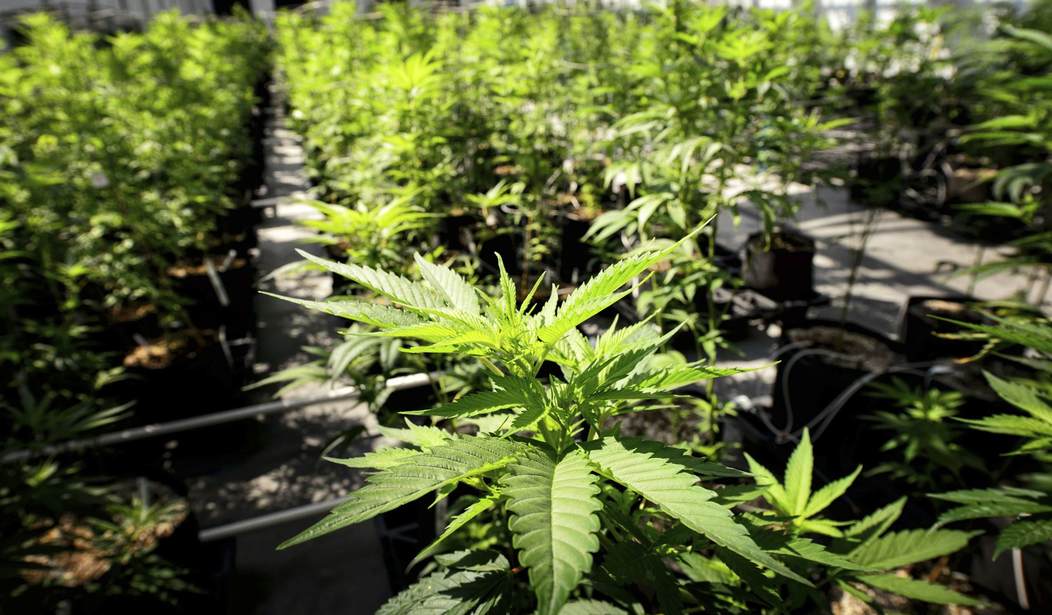Across the country, liberal enclaves are coming to terms with the failures of mass drug decriminalization. Maryland, however, seems to be saying "hold my bong" as it plans to dole out weed contracts that prioritize “social equity verification” and diversity plan requirements.
While voters in states like Oregon voted to legalize possession of all drugs, including heroin, Maryland voters solely voted to legalize marijuana in 2022. Oregon is now looking to roll back its initiative following what its opponents term an “overdose crisis.” Maryland, however, is taking a bluntly different approach to legal weed: implementing DEI — diversity, equity, and inclusion — requirements.
According to the Maryland Cannabis Administration’s (MCA) guidelines, if an application’s ownership lacks enough “social equity,” it will be “ineligible to receive a license in the first round.” Per the MCA, “applicants must have at least 65% ownership held by one or more individuals who have been verified as social equity applicants.”
A social equity applicant counts as someone who lived in a disproportionately impacted area of Maryland, attended public school in a disproportionately impacted area of Maryland, or attended an institute of higher learning in Maryland where at least 40% of students are eligible for Pell Grants. A third party, Creative Services, Inc., subsequently completes a background check to ensure that applicants are sufficiently equitable.
Recommended
Beyond the baked-in social equity requirements, all applicants had to additionally submit diversity plans, to include goals for “diversity-oriented outreach” and provide an “action plan that must address how to recruit, utilize, and promote diversity of an owner, investor, employee, or a contractor.”
The specifications of the diversity outreach include “promoting or sponsoring events, providing mentoring, training, or professional development programs, partaking in civic or professional groups that promote diversity, or any other initiatives to promote diversity,” the MCA says.
For those unsure of how to submit a diversity plan, Maryland has a four-step template that directs users to describe their goals, action plans, outreach, and defining “diverse participants.” Those applying for marijuana licenses may consider diverse, any “individual or group that the applicant can demonstrate has been disadvantaged or underrepresented in the cannabis industry and therefore how the inclusion of them as a participant in the Diversity Plan would be beneficial.”
In addition to the diversity requirements, Maryland also requires more standard application components, like a business plan and an operational plan as well. The suite of restrictions still led to a high dose of applications, with more 1,700 submitted for, at most, 179 slots in the initial round, according to the MCA.
Ironically, the sheer amount of applications is causing delays specifically because of the demands for social equity requirements. “Due to the high volume of applications, and in keeping with our goal to ensure only eligible social equity applicants are entered into the lottery, this review will not be complete by January 1, 2024,” the MCA lamented earlier. It’s safe to assume that those waiting in limbo hope this doesn’t become a chronic delay.
Maryland is firmly on the way to legalizing marijuana, but, for the time being, its DEI requirements are making parts of the process go up in a cloud of smoke.

























Join the conversation as a VIP Member